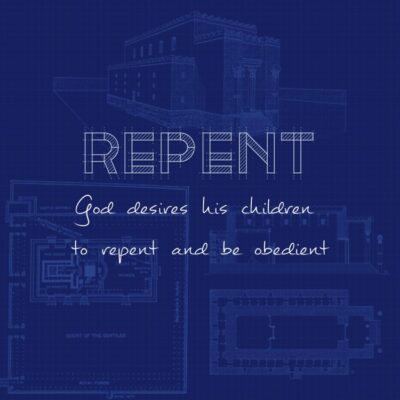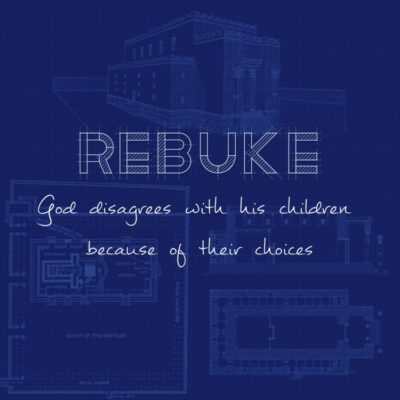Why do bad things happen to good people? Why would God allow things like this to happen? Why didn’t God stop it from happening? If God really loves me, why is He allowing me to go through such pain? If you find yourself dealing with some of these questions, then I hope to be able to provide you with some steps to help you work through these feelings. Dealing with anger against God is a process; but unless you begin taking deliberate steps toward healing, you will continue to wallow in your anger and grief. There are many stories in the Old Testament about people who were angry with God. We have discussed some of those recently in your community groups. Today, we’re going to be considering a few of those stories to see how they navigated this minefield of being angry with God. We’re also going to look at the writings and teachings from the New Testament (Peter, Paul, James and Jesus) to gather pertinent teaching about the work of God in our lives.
In today’s message, we will read once again from Ephesians 4 where Paul tells us to get angry, but get angry without sinning. Being created in God’s image, there are injustices in this world that should cause us to get angry. Anger is not wrong—only anger that is out of control is wrong. This morning, we will look at a few of Paul’s letters and a few proverbs to help us discover four keys for making anger productive, not destructive.
In your group studies this past week, you discussed some of the triggers that cause you to get angry. If your group was like ours, the list of potential triggers is a long one! But rather than addressing things that are triggers this morning, I want us to focus in on some of the root issues behind those triggers. There is a reason that people talk about getting to the “root of the problem” or the “root issue.”
Anger is an emotion that can be used for great harm or great good! In itself, anger is neither positive or negative—neither productive or destructive. It all depends on how somebody uses it. In this study, we will examine the source of anger and what anger is designed to stimulate to bring about a better end. We’ll also take some time to think about the dangerous side of anger and why it can be so destructive.
A month has passed since the people of Jerusalem decided to restart the work on the temple in Jerusalem, but some of the elders among them were disheartened because this new temple paled in comparison to Solomon’s temple. Haggai encourages them to continue in this work. Another two months passes and the Lord spoke to Haggai about another problem that needed to be addressed—unrepentant sin!
This series through Haggai, while short, packs quite a punch! In today’s study, we will examine the events in Jerusalem after the return of the exiles which led up to Haggai’s prophetic utterances. The Lord sent Haggai to rebuke the returning exiles for their disobedience to God’s instruction and all-around selfish behavior. Haggai will also reveal the consequences for this bad behavior. We also have daily choices that are indicative of our priorities. The goal of this study is to help us see those areas of our lives where our priorities are out of order.
The southern kingdom of Judah had endured over 300 years of rebellion among its people. There were only a few kings who attempted to obey the Lord since the time of David and Solomon—most notably Hezekiah and Josiah. God—who is “merciful and gracious, slow to anger, and abounding in steadfast love and faithfulness” (Ex 34:6)—has been pushed to His limit and it is now time for His children to experience some consequences for their generational rebellion. The Lord announced this judgment to His prophet, Jeremiah, in the fourth year of the reign of King Jehoiakim, son of Josiah. This prophecy is discovered by Daniel many years later. We will examine both of these passages today in an attempt to set the historical context for Haggai’s prophetic work.
In today’s text, we find an interesting mixture of events that highlight the limitations and failings of Jesus’ disciples. This segment begins with the disciples being unable to cast a demon out of a young boy; then they are unable to grasp Jesus’ teaching about His impending betrayal and crucifixion. Just after that, the disciples argue over which one of them is the greatest; and then John is rebuked for His elitist attitude toward others. As we consider these events and the dysfunction of the disciples at that time, I hope that we can ultimately see Jesus’ purpose in everything that was happening and use that as a warning sign to us as we walk through our lives.
Throughout this section of our study through the Gospel of Luke, Jesus’ power and authority has been on display. In our study last week, Jesus confirmed the testimony of Peter proclaiming Him as the Christ, the chosen one of God. In today’s passage, we will witness additional confirmation that Jesus is the Christ, but we’ll also be given a glimpse into some of the struggles that we have when we attempt to worship Him and what we need to do differently when we come before Him in worship.







